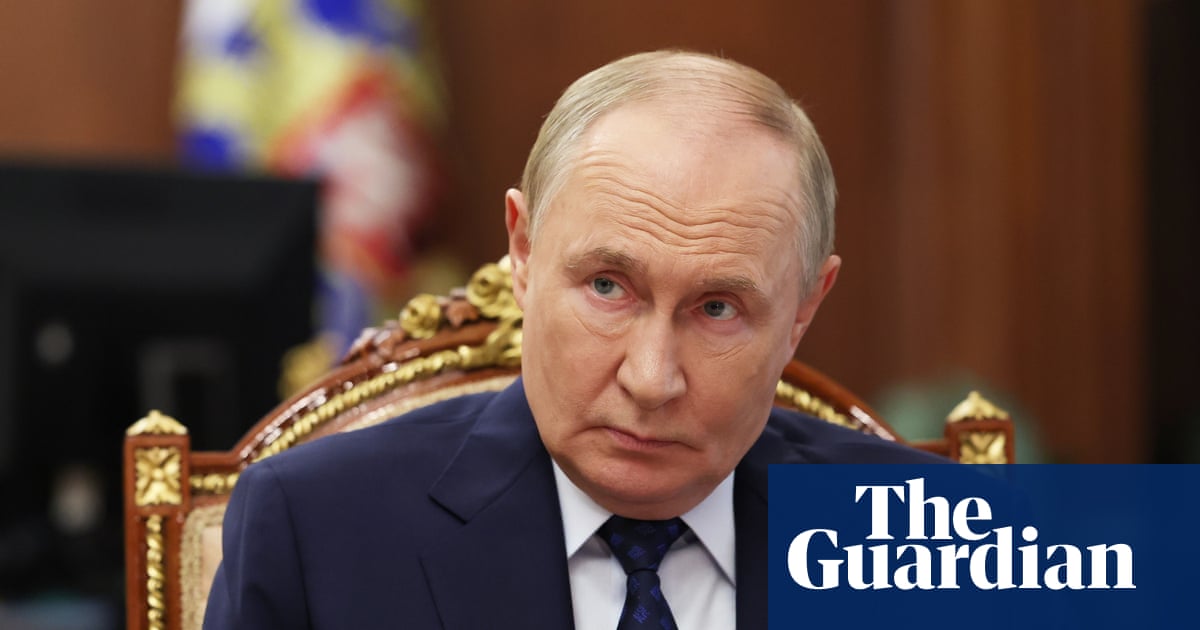The UK parliament has been left vulnerable to “foreign actors” after charges against two men suspected of spying for China were dropped, the speaker of the House of Commons has warned.
Speaking to the Times, Lindsay Hoyle said the decision to drop the charges effectively gave Beijing “licence to operate” within parliament.
Christopher Cash, 30, and Christopher Berry, 33, had denied accusations of providing information prejudicial to the interests of the state in breach of the Official Secrets Act between December 2021 and February 2023.
The men were due to go on trial next month but charges against the pair were dropped on Monday, sparking criticism across both sides of the political aisle.
“As speaker, I take the security of this house incredibly seriously. I believe this leaves the door open to foreign actors trying to spy on the house,” Hoyle said.
“This door must be closed hard. We must pursue all avenues to ensure the protection of members and people that work within the House of Commons. It will not be tolerated.”
Cash worked as a parliamentary researcher and was director of the China Research Group. He was closely linked to then senior Tories, including the former security minister Tom Tugendhat and Alicia Kearns.
The director of public prosecutions said there was no “outside pressure” influencing the decision to drop the charges.
Hoyle’s warning follows remarks made that day, when he said he was a “very unhappy speaker” after being told the case would not go ahead.
“Given the very important issues raised by this case, I am asking officials to consider whether any further steps which should be taken, operational, strategic or legal, to ensure that all those who work in this parliament are able to undertake their activities securely and without interference,” Hoyle said.
“I am a very unhappy speaker with what’s happened. The fact that for two years, two years, and it’s taken until today for somebody to withdraw this case. That is not good or good enough.”
Stephen Parkinson, the chief prosecutor in England and Wales, said he shared “the disappointment, and indeed frustration, expressed by many parliamentarians, as well as members of the public, that this prosecution had to stop”.
He said the Crown Prosecution Service (CPS), which he leads, had determined the case had to be stopped because of “an evidential failure”.
Cash and Berry had denied allegations that they collected and communicated information that could be “useful to an enemy” between December 2021 and February 2023.
On Monday, they found out they no longer faced prosecution as Little told the Old Bailey that the “evidential stage of the case” was “no longer met”.
Parkinson said in a letter: “Although I am not in a position to address in detail the reasons that we came to our decision, I think it important to highlight two points stated in court that were not repeated in all sections of the media.
“First, prosecution counsel Tom Little KC informed the court that, having kept the case under review, we had determined that the case could no longer proceed to trial since the evidence no longer met the evidential test (which you will be aware is the requirement that there is a realistic prospect of a conviction).
“Accordingly, the reason that this case had to be stopped was due to an evidential failure. It is important that I reiterate that at the time the charging decision was made it concluded, correctly in my view, that there was sufficient evidence to prosecute.”
Parkinson noted that securing a conviction would have required proving China was an “enemy” as stated in the Official Secrets Act 1911.
The law has since been changed with the National Security Act 2023, which he said “contains more extensive provisions to deal with espionage and those who are acting on behalf of foreign powers”.

 1 month ago
28
1 month ago
28

















































